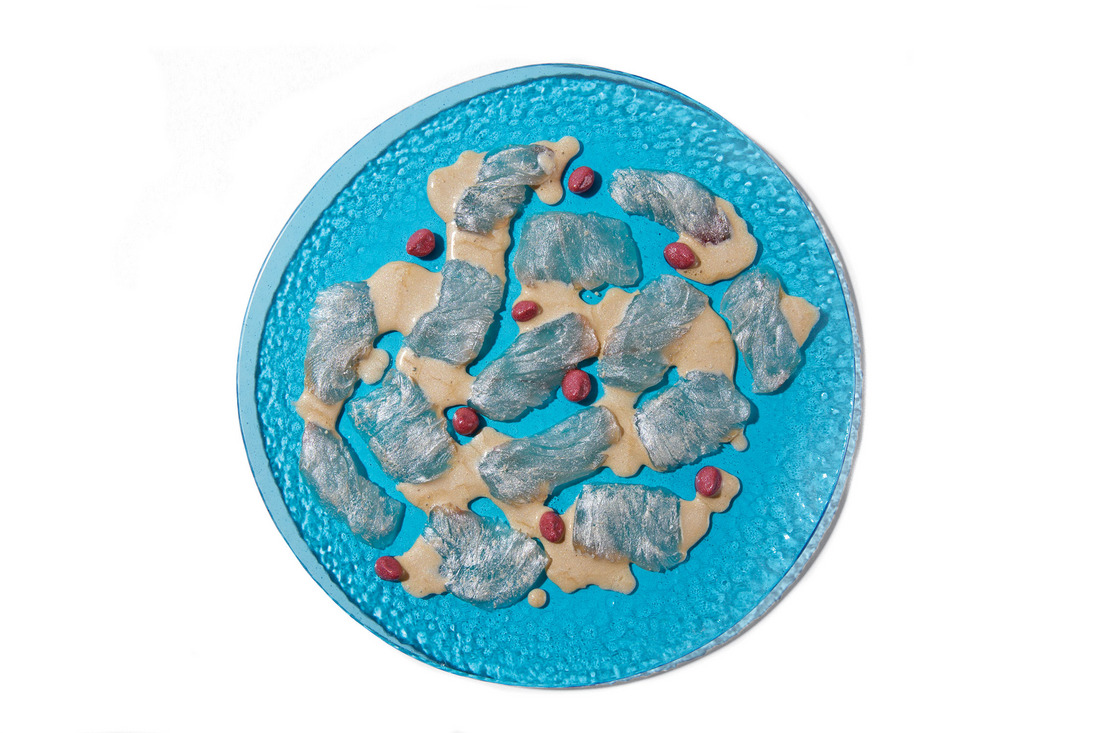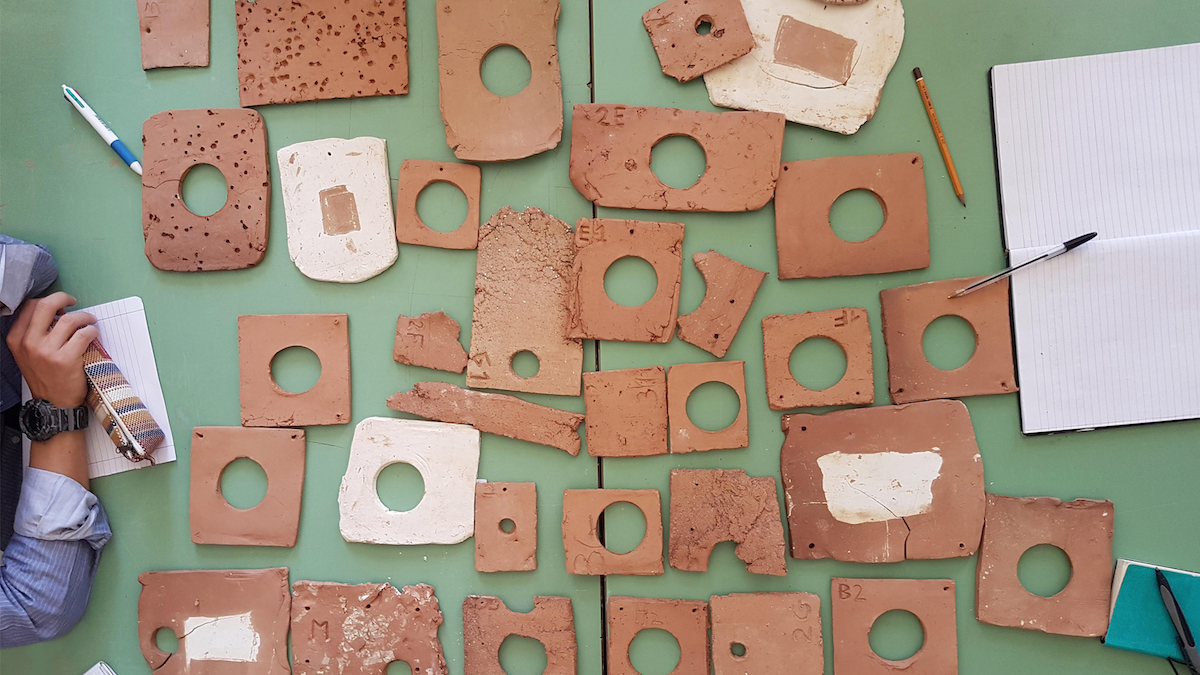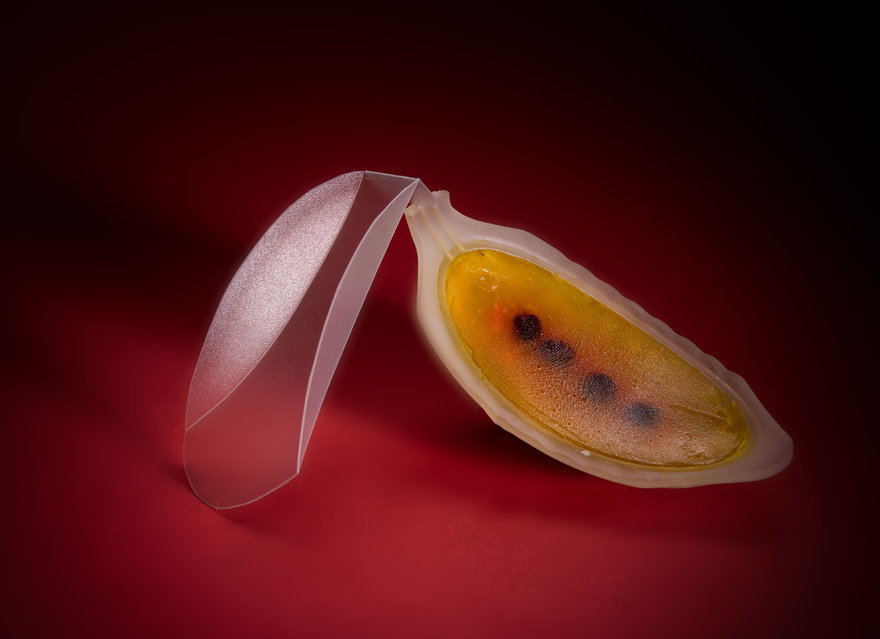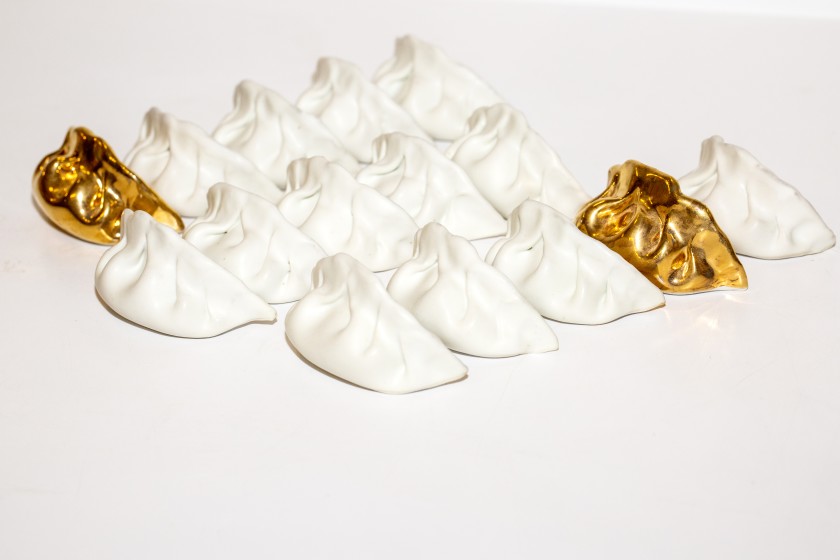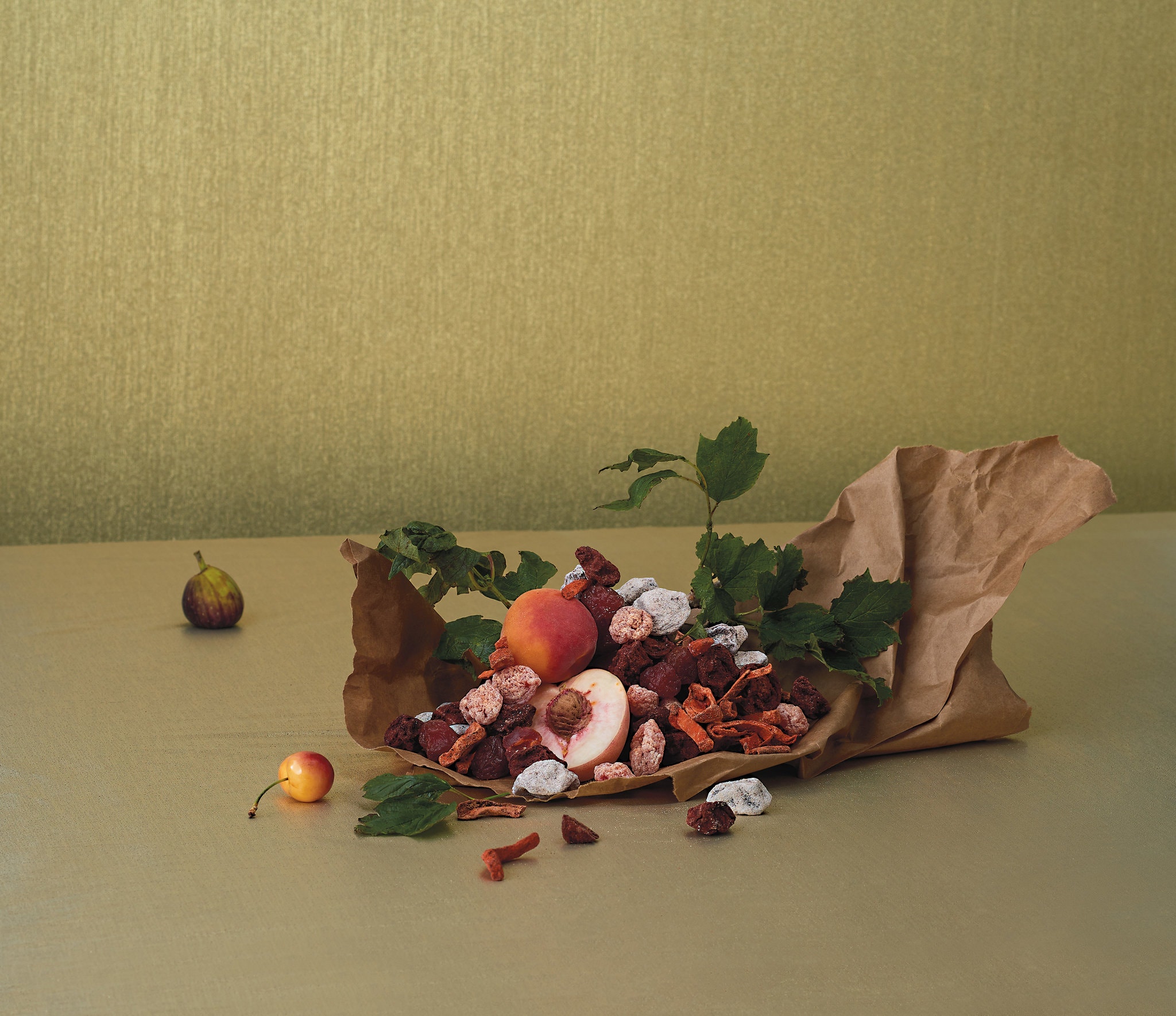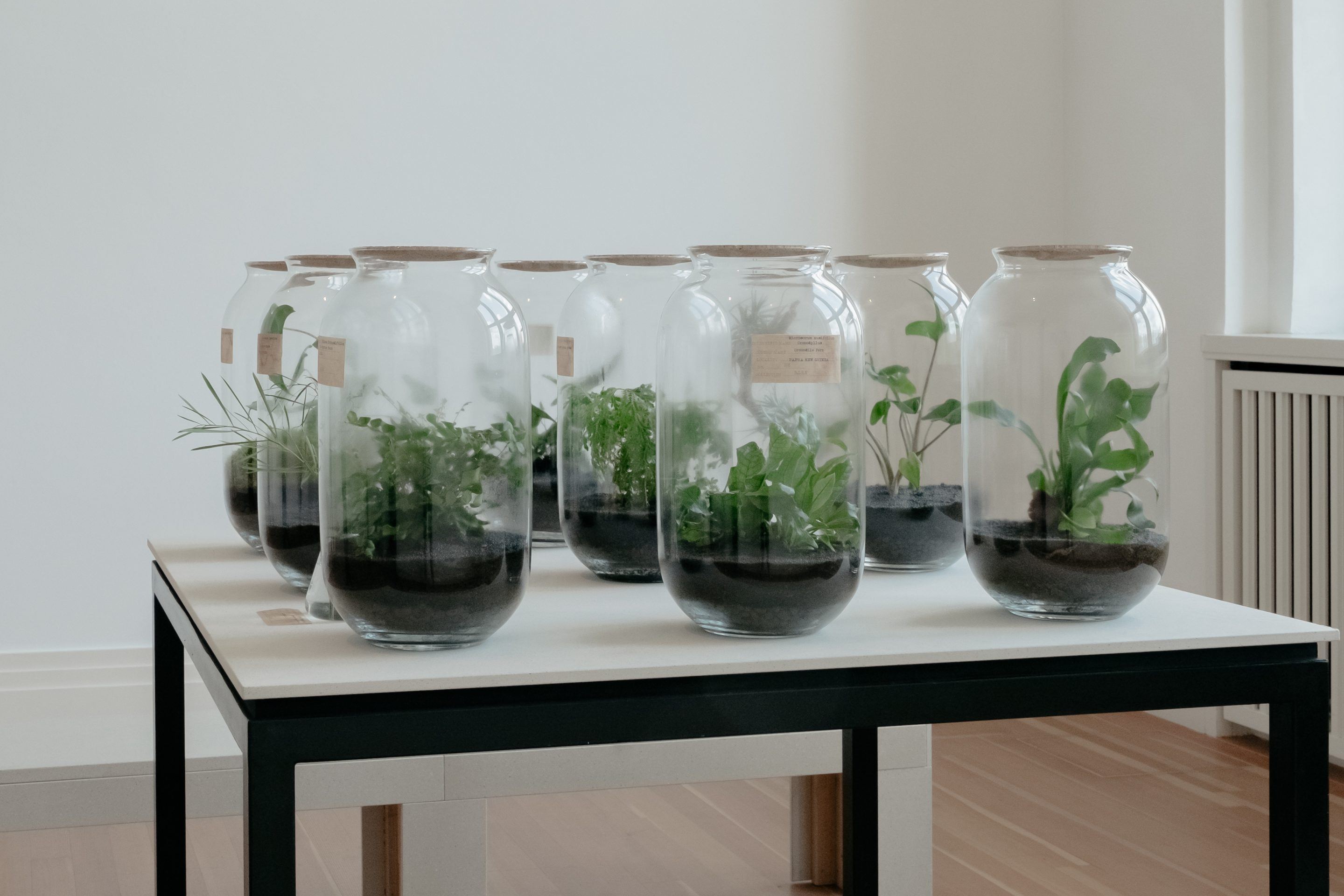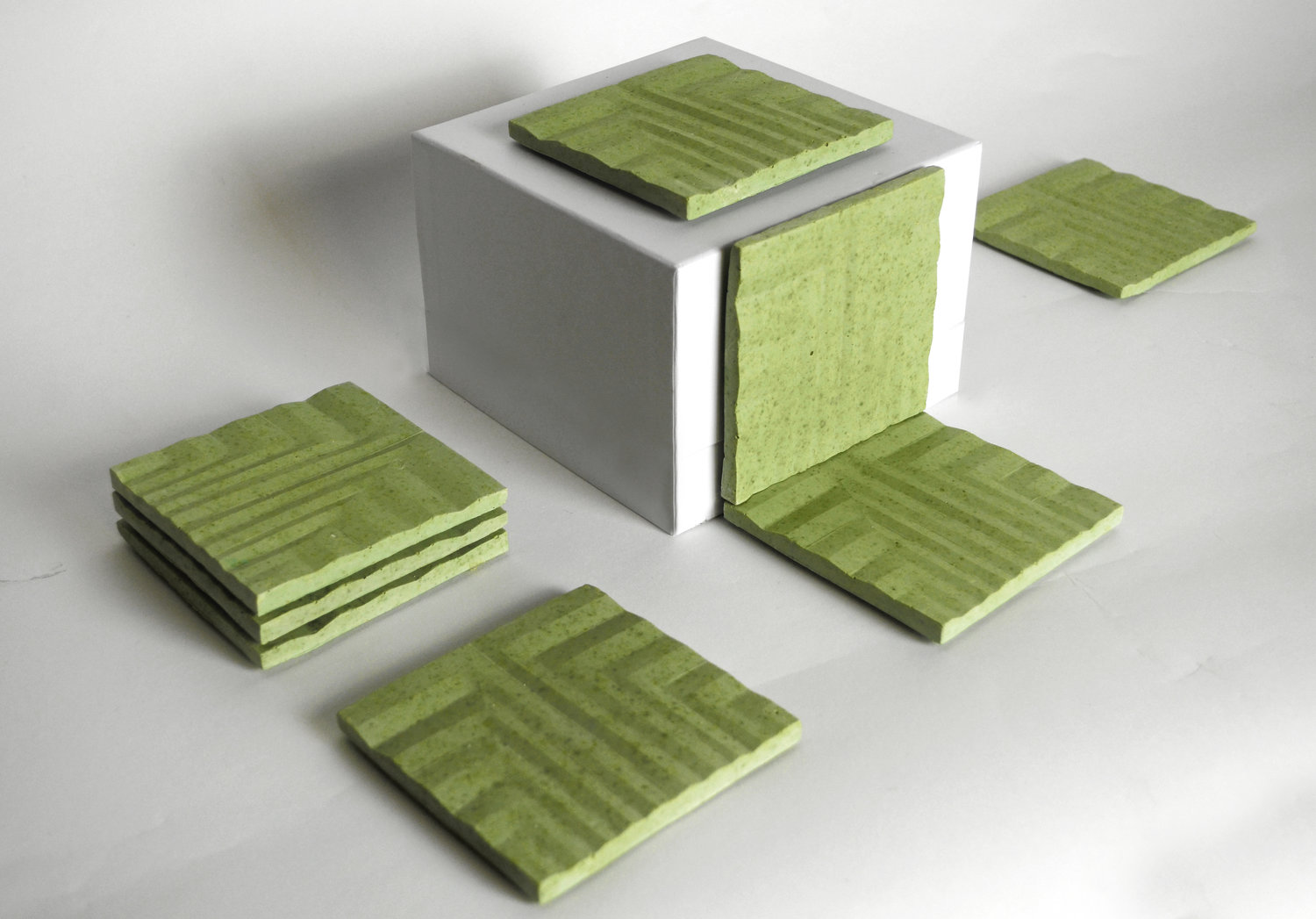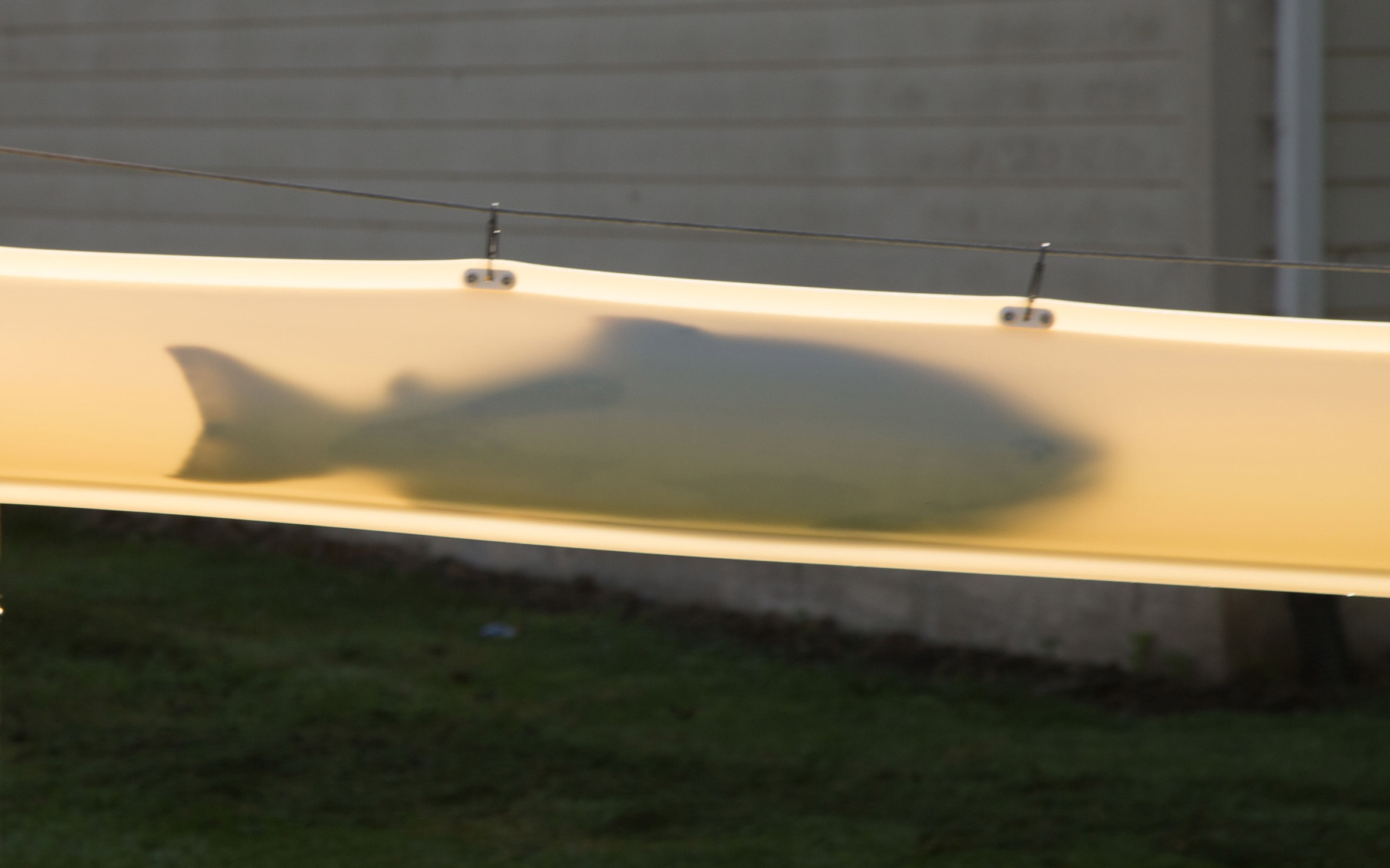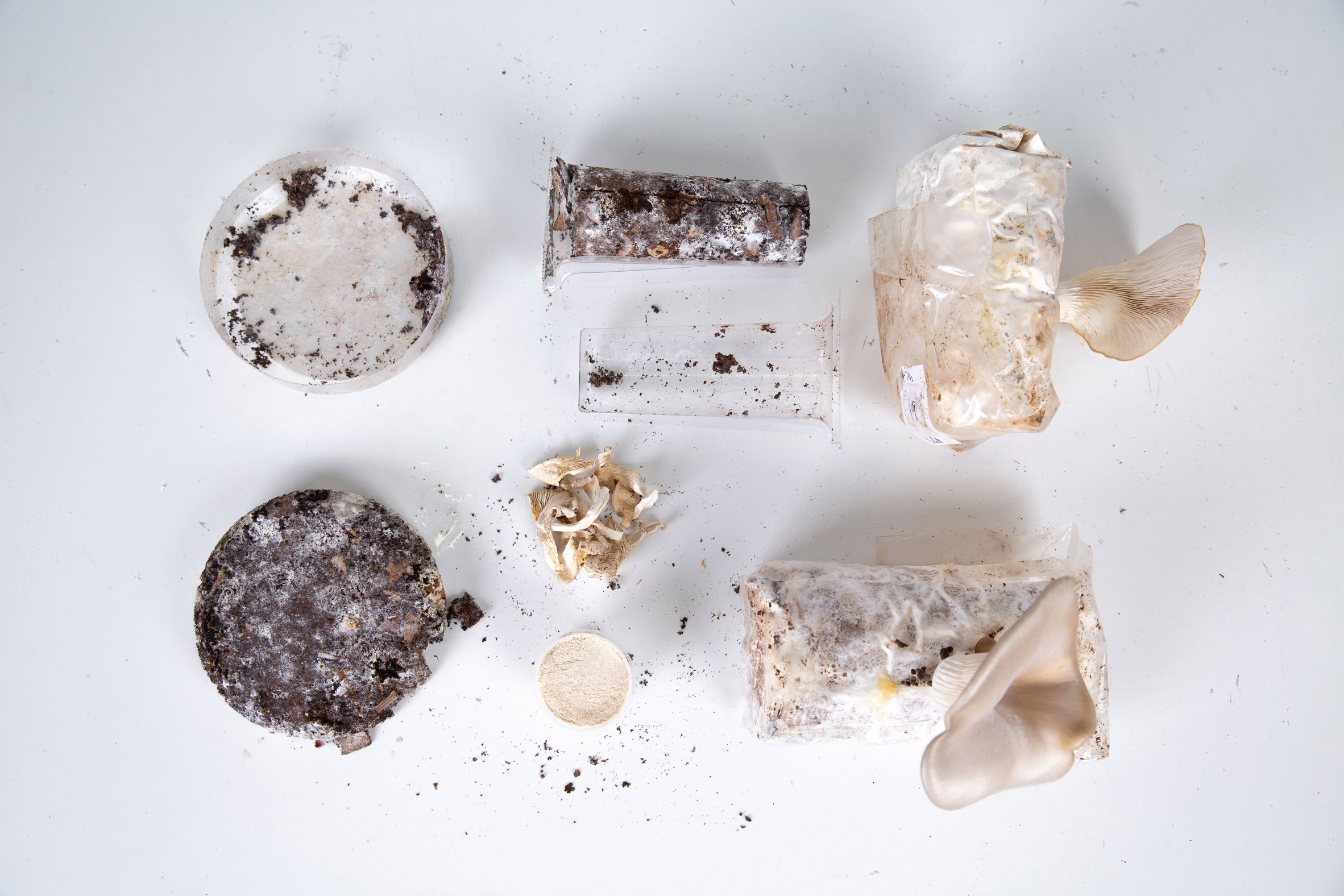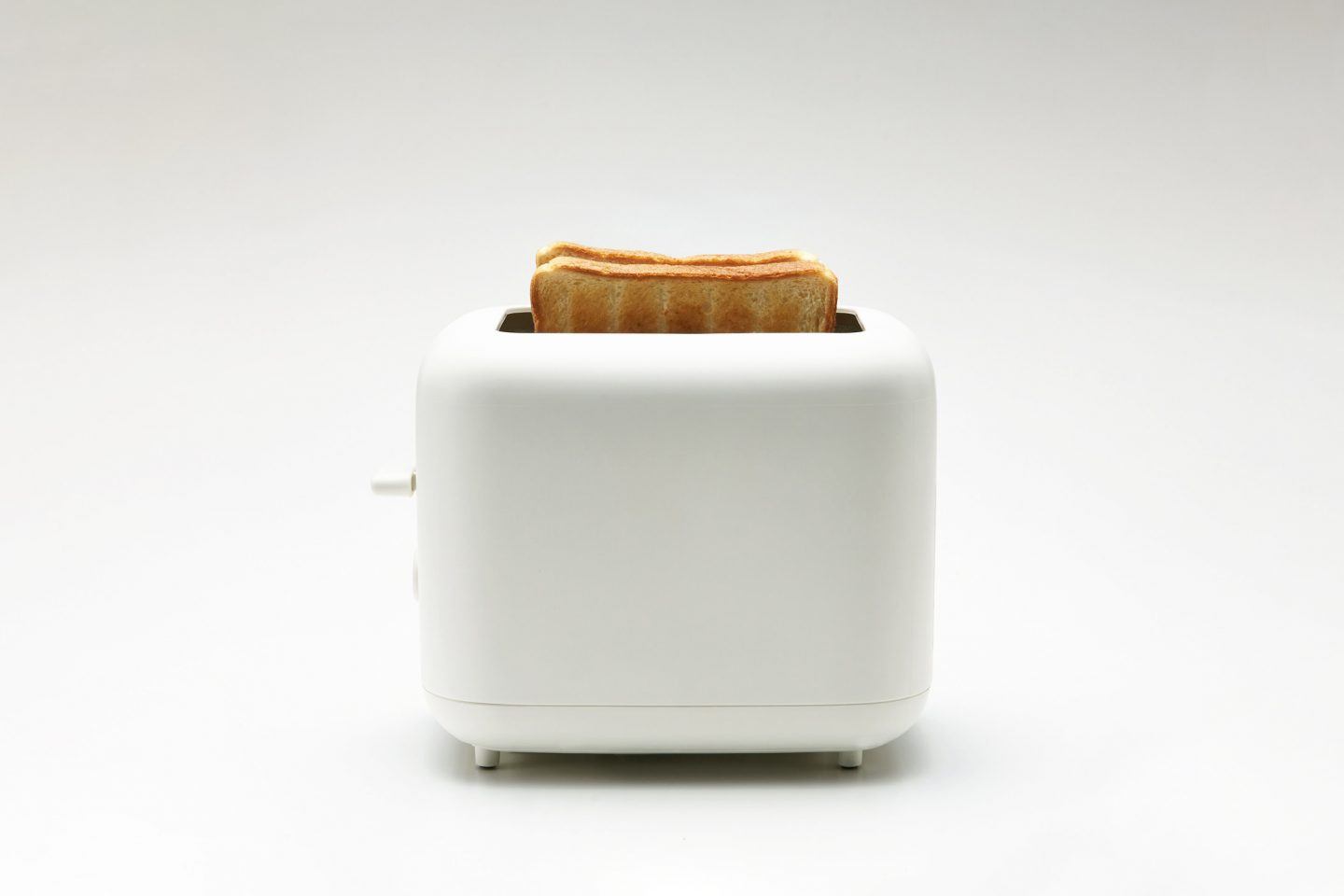Our weekly serving of off-the-menu items—a few popular favorites from the week, as well as a few morsels that may have slipped your notice.
The Teplo 2.0 uses information it collects from both people and its environment to brew the perfect pot of tea. The teapot senses factors like the temperature of the room, a consumer’s heart rate, or the surrounding humidity to cater its brewing technique to each individual. For example, if a user’s heart rate and temperature are high—indicating stress—the teapot will brew at a lower temperature, producing a sweeter, more calming tea.
3D Printed Sushi for the Individual
Japanese company Open Meals wants to use biological samples (ie saliva) to 3D print sushi that are tailored to individuals. Open Meals plans to open its own sushi restaurant in Tokyo in 2020, where customers will send in biological samples before their meals—allowing the restaurant to analyze what nutrients each customer needs, and 3D printing sushi that provides whatever they’re missing.
Inside the Cooking School of the Future
MAD—the René Redzepi founded chef’s conference and Danish nonprofit that is focused on transforming food systems—has announced its plans for a culinary school. However, this school won’t be another Le Cordon Bleu or culinary Institute of America; instead, it will train chefs to be humane and responsible, teaching them about issues like food waste and sustainability in restaurants.
Architecture group UNStudio has designed a new concept for the urban neighborhood, focusing on health, data, independent energy systems, and learning to live more sustainably. The residential district is intended to be a place where people “learn by doing,” gradually becoming more environmentally conscious through experimentation. Natural landscapes within the neighborhood will be used to produce food, generate green energy, conserve energy, among other sustainable practices.
Raising Sea Urchins on Food Waste
Although uni—the edible center of the sea urchin—is both a global delicacy and an important part of Japanese cuisine, the seasonal growth of sea urchins makes it difficult for fishermen to catch them year round. As the winter months slow the growth of seaweed, sea urchin populations dwindle as well, making economic stability for fisheries difficult. The Japanese city of Aomori is combating this instability using food waste, as researchers have found that sea urchins can be raised on discarded cabbages—producing uni with a taste nearly identical to wild sea urchins.





